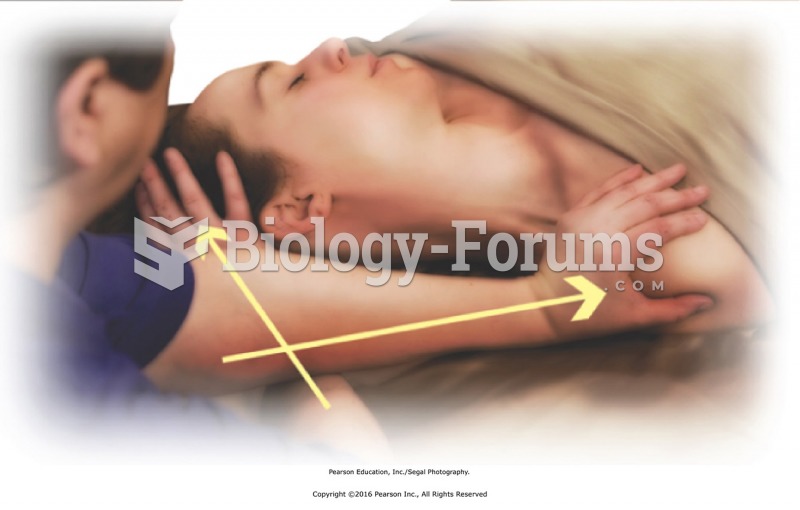This topic contains a solution. Click here to go to the answer
|
|
|
Did you know?
Vaccines prevent between 2.5 and 4 million deaths every year.
Did you know?
When blood is deoxygenated and flowing back to the heart through the veins, it is dark reddish-blue in color. Blood in the arteries that is oxygenated and flowing out to the body is bright red. Whereas arterial blood comes out in spurts, venous blood flows.
Did you know?
In 1844, Charles Goodyear obtained the first patent for a rubber condom.
Did you know?
This year, an estimated 1.4 million Americans will have a new or recurrent heart attack.
Did you know?
Vaccines cause herd immunity. If the majority of people in a community have been vaccinated against a disease, an unvaccinated person is less likely to get the disease since others are less likely to become sick from it and spread the disease.
 Components of a long bone. The entire long bone is on the left side accompanied by a blowup of the p
Components of a long bone. The entire long bone is on the left side accompanied by a blowup of the p
 Urinary tract infection. A UTI is characterized by fever, lumbar or abdominal pain, and pain or burn
Urinary tract infection. A UTI is characterized by fever, lumbar or abdominal pain, and pain or burn





